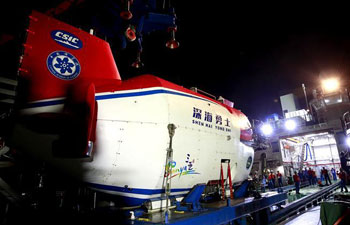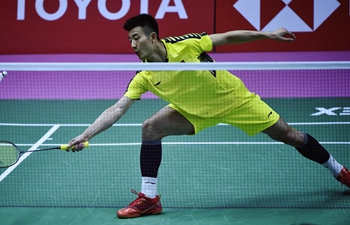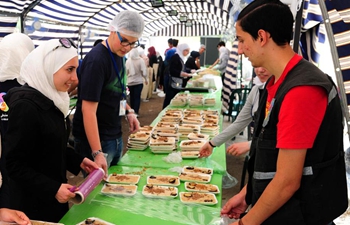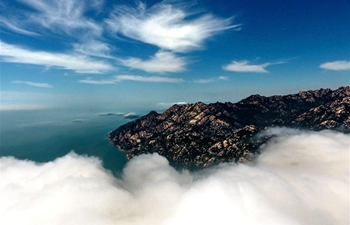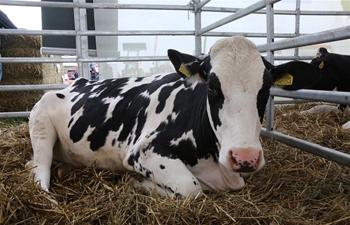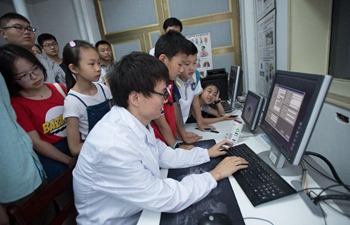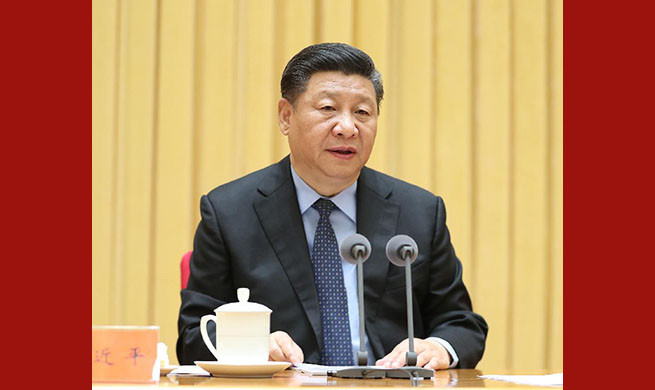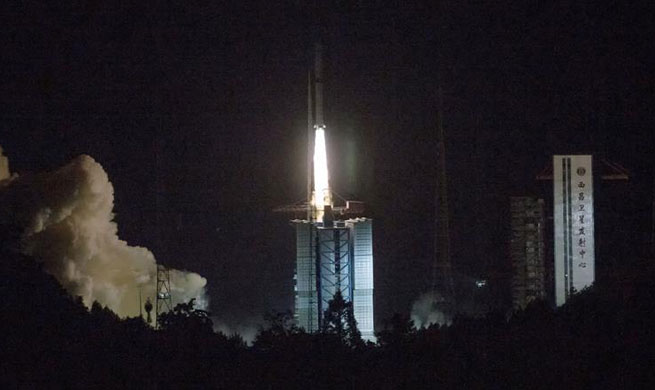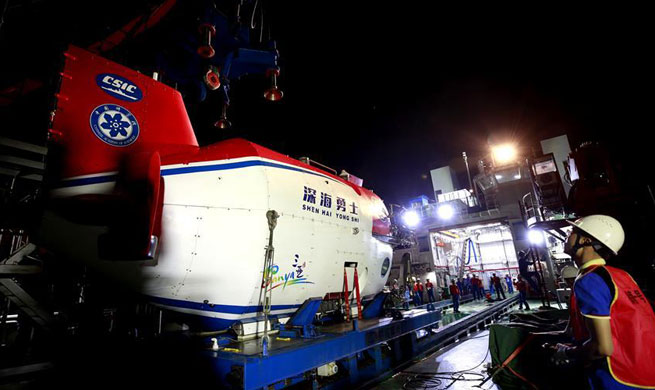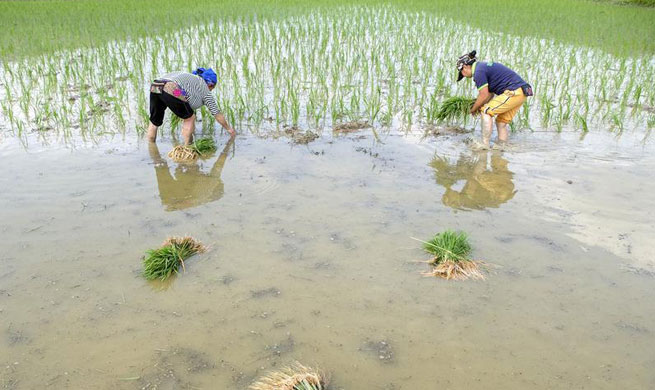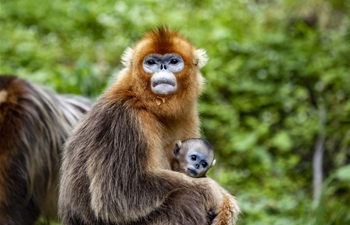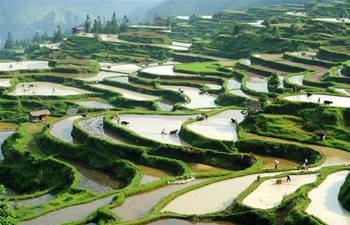CARACAS, May 20 (Xinhua) -- Venezuelan President Nicolas Maduro on Sunday secured a second six-year term in the election and called on opposition groups to solve the country's political crisis through dialogue.
President of the National Electoral Council (CNE) Tibisay Lucena announced late Sunday that Maduro was reelected by a wide margin, garnering over 5.8 million votes.
Over 8.6 million Venezuelans went to the polls, putting voter turnout at 46.01 percent. Maduro's next closest rival Henri Falcon got around 1.8 million ballots and the third-place candidate Javier Bertucci got 925,042 votes.
The announcement was made when the CNE counted more than 92 percent of ballots.
Voting progressed smoothly throughout the day, said Lucena, adding "there were no regrettable incidents" to mar the electoral process.
However, both Falcon and Bertucci denounced alleged voting irregularities minutes before the CNE issued its first official report.
According to Falcon, 87.6 percent of voting stations were close to so-called "red points," government-organized centers used to mobilize the vote in favor of the ruling United Socialist Party of Venezuela (PSUV), though he provided no proof to back up the claim.
"In addition, we have 91,732 complaints" from Falcon supporters "who were not allowed to access voting stations," the rival candidate said, adding that he would not recognize the official outcome.
However, Bertucci told reporters at a press conference that "if the results are very close, we are going to contest them, if the margin is very wide, we will have to concede."
Minutes after the electoral body issued its announcement, Maduro celebrated the results, saying "it has been a day of a beautiful victory."
He congratulated Venezuelans for their election participation and called on opposition leaders, including former opposition candidates, to take part in constructive dialogue to promote national peace and prosperity.
Maduro was first elected in 2013, pledging to strengthen the Bolivarian Revolution launched by former President Hugo Chavez.
Born on Nov. 23, 1962 in a working-class family in the capital Caracas, Maduro went on to work for seven years as a bus driver for the city's Metrobus transit system. There, he founded the Caracas Metro Union and also served as coordinator of the Bolivarian Workers Force.
It wasn't until an attempted coup on Feb. 4, 1992 by the Chavez-led Revolutionary Bolivarian Movement that Maduro began his political activism alongside Chavez.
Maduro's administration faced turbulence during his first term in office as the right-wing opposition staged violent protests against him and the Western countries imposed economic sanctions on the country.
He has also spearheaded economic reforms to diversify the economy, which has long relied on the revenue generated by oil exports.
During the presidential campaign, Maduro stressed that he would continue strengthening social programs and boosting production to overcome the economic crisis.
Some 150 international observers from 30 countries and international organizations monitored the presidential election in Venezuela, including former Ecuadorian President Rafael Correa, the online daily Noticias24 said.




